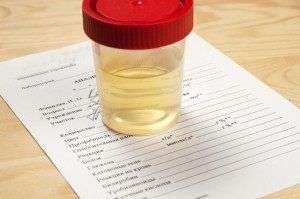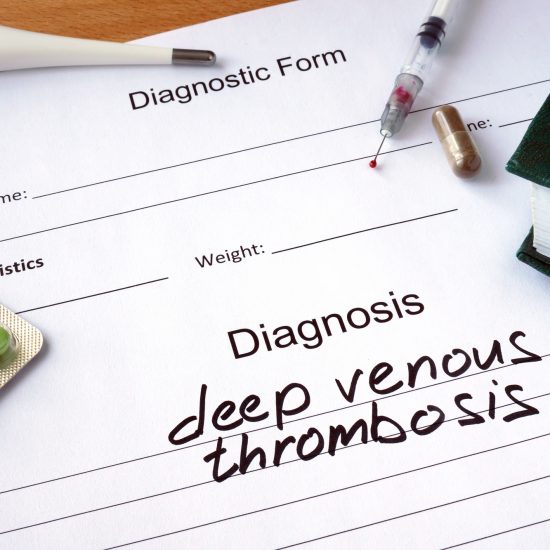Urine Color Chart: How The Color Of Your Urine Will Tell You What Could Be Going On In Your Body
 Urine Color chart
Urine Color chart
What and how you eat and drink will show in the urine color of your pee. Beyond these, the various colors that may come out with your urine could indicate whether or not you have kidney disease or a urinary tract infection. Or, if your urine is red, it could well be just a simple case of having eaten lots of beets which could have resulted in what the medical guys call Beeturia. It’s the passing of pink or red urine due to a compound known as betanin found mostly in beets. For any health problems you might have, the color of your pee is a useful tool in determining what you could possibly be suffering from.
Here is a guide to give you an idea of what your urine color chart is saying about your health’s status:
- It’s transparent. No color: This says you’re drinking a lot of water
- Sort of Pale straw color: Give yourself a pat on the back. This means you’re healthy, normal, and well hydrated.
- Bright yellow urine color, transparent and see-through: Nothing to worry about. You’re normal.
- Dark yellow – Urine color dehydration. Normal, but you need to drink more water
- Honey-colored pee or amber(Urine color dehydration): Your body’s not getting enough water. Get some now.
- Syrupy in color or looks like a brown ale: You might be having some problems with your liver or it might be a case of severe dehydration. Drink lots of water. If the color persists, go see Doc!
- Pink or reddish(beets urine color): Ask yourself if you’ve been eating beets or blueberries or rhubarb the last few days. If not, you could have blood in your urine which may not mean anything. Or, it could be a sign that there’s something wrong with your kidney, your prostate, or perhaps tumors. It may also mean that you’re suffering from urinary tract infection or maybe even lead and mercury poisoning. It won’t hurt for you to see the doctor.
- Orange: It’s either you’re not drinking enough water or you could have liver or bile duct issues. Or it could be food dye from some kind of food you’ve eaten. Just the same, set up an appointment with Doc.
- Blue or green: While it may be nice to think you could be of royal blood, this is different. There is a rare genetic disease that makes your pee turn blue or green, or a certain type of bacteria may have infected your urinary tract or it could be due to some medication you’re taking. The experts say it’s not enough reason to despair but see your doctor anyway, especially if it stays on.
- Purple-colored urine: Thank Goodness! There’s no such thing.
- If urine is foaming or fizzing- Kidney failure urine color: If it’s an occasional occurrence, it means nothing. But it could also indicate too much protein in your diet or it could be a kidney problem if it’s happening too often. It’s a good idea to go see a doctor. Your urine color is very important. It can provide us with vital information such as whether you are hydrated enough, whether you may have some internal health issues such as kidney problems or what you may have eaten. For more information, please click here!
Also Read
How Drinking Your Favourite Soda Is Killing You
Spring Into Action: How to Get Rid of Seasonal Allergies
Eye Problems: Symptoms and Causes
 Urine Color chart
Urine Color chart

